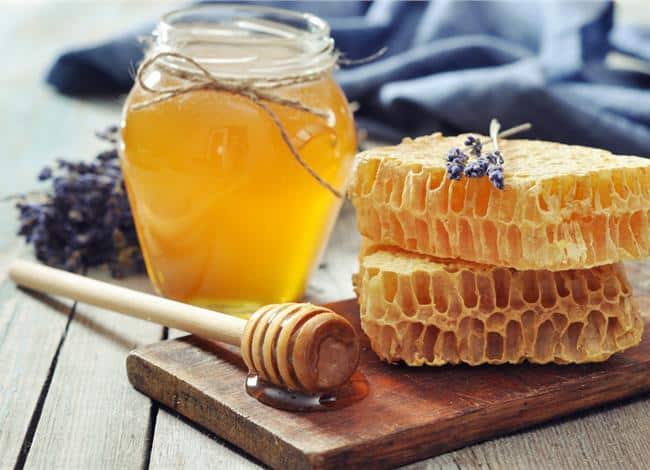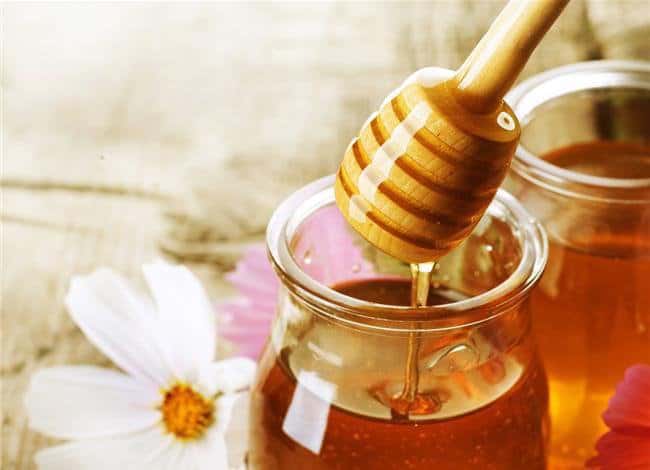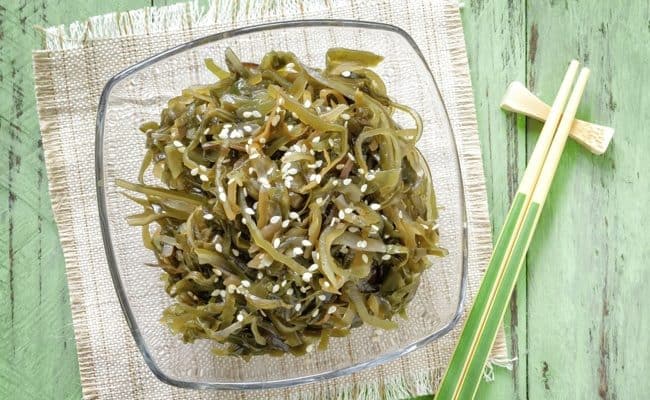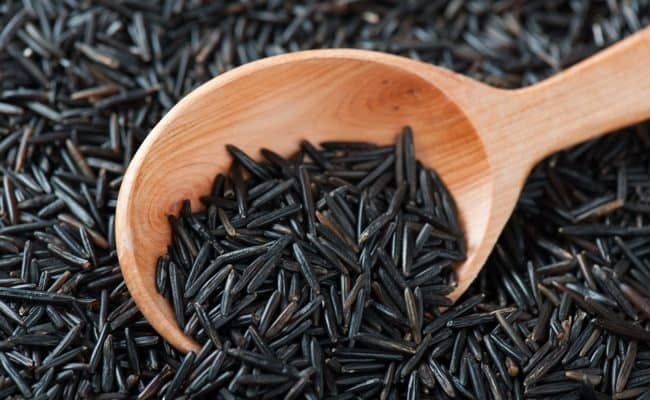
The health benefits of honey have been known since ancient times; even Aristotle refers to the healing benefits of honey. In recent years, research studies have confirmed centuries old beliefs that honey can have some beneficial effects on health. Honey has been shown to help with: acid reflux, seasonal allergies, fighting influenza (flu), suppressing a cough and fighting off other infections.
Does it matter what honey you choose?
More research is being done on specific varieties and their health benefits, but a general recommendation for the best honey source is to consume honey from local, pure sources.
If you are fighting off a flu bug, consuming honey may help your symptoms or even help you recover faster.
How much you should take may depend on a variety of factors, and research has not yet defined a certain level beneficial to take when you have the flu.
A good way to incorporate honey when you are ill is to put it in hot liquids, as it is also recommended to drink liquids to prevent dehydration.
Some of honey’s health benefits

A 2012 review (1) of honey’s health benefits includes a long list of how honey can impact health. Honey is primarily monosaccharides which don’t need to be altered for digestion and absorption.
Honey is also a rich source for antioxidants, vitamins and is considered a prebiotic which can promote helpful bacteria growth in the gastrointestinal (GI) tract.
Surprisingly, eating honey may help lower the risk for dental cavities. Other sweet foods or beverages do not have this protective effect, so what makes honey different?
Honey is antibacterial. When it is eaten, it can help fight off bacteria in the mouth. This antibacterial effect continues in the body when honey is ingested; honey can act like a broad spectrum antibiotic.
Honey is also beneficial for cardiovascular health and may even help lower risk for metabolic syndrome. This is unlike other sweeteners which can increase risk for metabolic syndrome.
How honey can help fight the flu
Besides the health benefits listed above, honey can have a positive effect on GI health. Honey can help protect against H. pylori bacteria that can cause stomach inflammation and ulcers.
The antioxidant levels from honey may be the reason behind fighting off this stomach bacteria. The antioxidants from honey could also fight off other flu bacteria.
A 2014 study (1) looked at the effects honey had on cells infected with flu virus. Researchers found that all honey, but especially manuka honey, inhibited the growth of the flu virus.
Honey also had a synergistic effect of fighting off flu virus when paired with flu medicine.
How can honey help combat the flu?
It is probably due to honey’s antimicrobial properties and rich amount of antioxidants. Antibiotic resistant viruses are a growing concern in the medical field, and effective treatment of antibiotic resistant microbes are needed.
Honey may play part of a role in fighting off antibiotic resistant microbes. A 2011 Medical News Today article (2) suggests honey could help reverse bacteria’s resistance to antibiotics.
Before you adopt honey in place of a medication, use caution. If you are taking medication for the flu or other illness, do not stop taking your medication.
At this point, ingesting honey in place of medication is not recommended. If you wish to add honey to your treatment plan, speak with your healthcare team.
How much honey can you eat?
Even though research has shown many health benefits of honey, whether in cell or human studies, the question from research is always how can we put it into everyday use and practice.
How much honey do you need to get the antibacterial and antioxidant health benefits?
For now, this answer is not clearly known. How much honey you can eat when you have the flu may depend on how sick you are and what your body can tolerate.
If you are looking for a starting point for honey intake, getting 1-2 ounces per day could offer some benefit.
According to a 2009 Dailymail article (3), two ounces of honey per day reduced the duration of a cold in research participants of a study that included about 60 people.
If eating spoonful of honey while you have the flu has you feeling even queasier, consider getting your honey intake from adding it to hot liquids.
This can also help keep you hydrated when you are sick. If you cannot keep any fluids down, you probably want to wait until your GI tract can keep liquids down before reaching for the honey and speak with your doctor first.
Tips for picking the best honey
Will any honey from the store give the health benefits associated with honey?
According to Food Safety News (4), in 2011 about 75% of honey sold in the US was ultra-filtered and altered in a way that could lower the health benefits of honey.
In fact, some US grocery stores had honey from India which was banned from Europe due to concerns with contamination of antibiotics and heavy metals.
The processing of honey can lower risk for foodborne illness from honey, but it can also remove the pollen from the honey. Removing the pollen could lower the health benefits associated with honey.
Buying honey from local producers at farmers markets, local grocery stores or from farmers could be better options to getting honey in a purer form.
Buying organic honey could also mean there is a higher pollen content.
Could honey be harmful?
Infants under 12 months should not consume honey. Honey could be a potential source of botulism.
Honey is generally considered safe to eat for healthy children and adults as long as it is in moderation.
If you have any health conditions or are taking medication, make sure to consult your healthcare team before adding honey to your diet.










